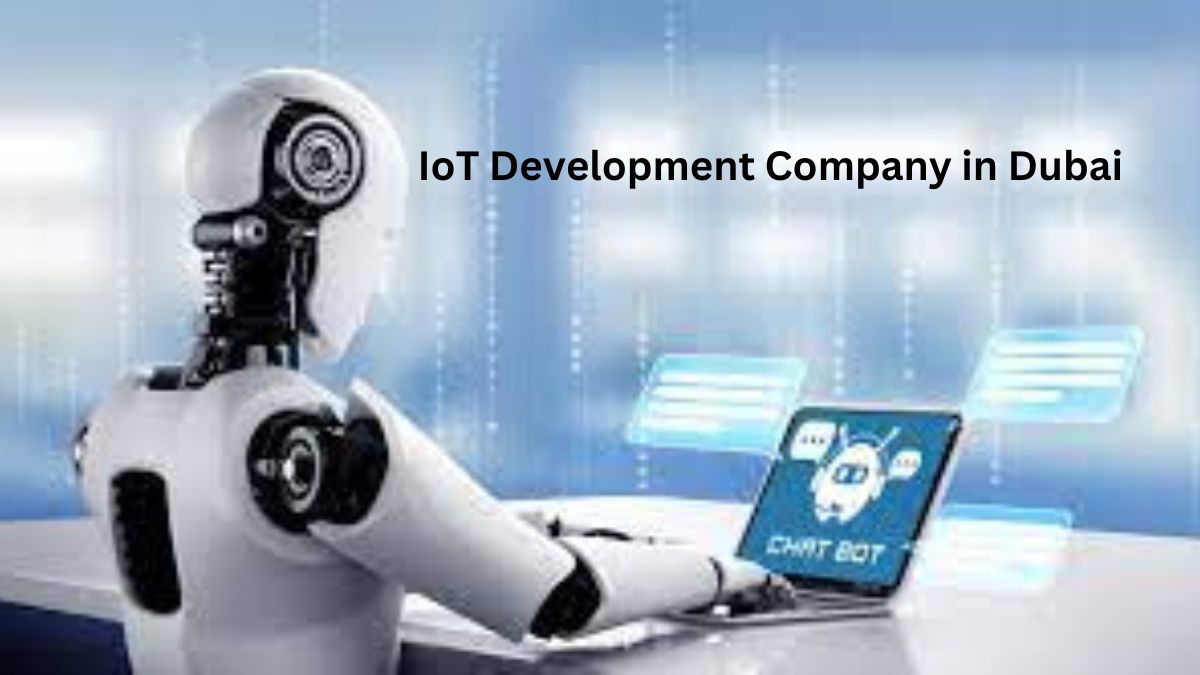“Internet of Things” refers to a system in which everyday objects are linked to the web. Devices like cell phones, home appliances, cars, medical instruments, and factory machinery all fall within this category. They can automatically share information and converse with one another.
For a more productive, secure, and refined setting, IoT enables remote device management and monitoring. These items’ data-gathering and sharing capabilities provide consumers greater ease and agency over their everyday lives.
IoT’s Benefits
Two main characteristics define IoT:
Automation. As a concept, IoT is based on the seamless, automated, and unattended exchange of data between various pieces of technology.
Connectivity. Access to a wide range of data is simplified by improved connections inside a single network on a global scale.
Given these characteristics, the Internet of Things necessitates using a wide range of technologies to facilitate the seamless exchange of information, analysis, and reaction among various connected devices. For example, cloud computing and wireless communication technologies considerably enhance connectivity, while Artificial Intelligence, Big Data, and Machine Learning are essential for automation.
Let’s examine the many benefits that IoT technologies and services offer and how they’re making possible by these aspects. However, this brief review emphasizes the advantages of the Internet of Things for businesses rather than its applicability to individuals and households. Furthermore, these benefits are typically interconnects to the point where one leads to another, creating a virtuous cycle of positive outcomes.
Improved productivity of staff and reduced human labor
IoT solutions allow for the automation of routine chores, freeing workers up for more complicated projects that call for their unique talents and insights, such as creative problem-solving. Costs associated with running a firm can be cut by reducing the number of employees needed.
Efficient operation management
Automating numerous operational areas, including inventory management, shipping tracking, fuel, and spare parts management, is another major advantage of interconnected smart devices. In this method, for instance, RFID tags and a connected network of sensors are used to monitor the whereabouts of assets.
Better use of resources and assets
Increased resource efficiency, such as better power management and water consumption, is made possible by automated scheduling and monitoring with networked sensors. Small and large businesses alike can benefit from installing motion detectors because of the potential savings on utility costs.
Cost-effective operation
Equipment with a better production rate and greater profitability may result from automatically scheduled and managed maintenance, supply of raw materials, and other manufacturing requirements. Once again, Internet of Things devices greatly simplifies management at both the departmental and enterprise levels.
Improved work safety
The periodic maintenance is also helpful in assuring operating safety, compliance with the necessary regulations, and the previously mentioned benefit. When employees are assured of a risk-free workplace, they are more likely to invest in the company, collaborate with its leaders, and join its workforce. There is a greater level of security since using smart devices decreases the likelihood of human error at many points in the business process. In addition, a network of IoT devices can be used to protect a business from theft, other forms of criminal activity, and corporate espionage.
Thorough marketing and business development
Smart home gadgets, especially voice assistants and other equipment that may regularly interface with end-users, are a goldmine of data for enterprises. Through the Internet of Things, businesses can collect massive amounts of user-specific data that can be used for marketing, management, and strategic planning purposes.
Improved customer service and retention
As discussed above, using smart devices to capture user-specific data helps businesses better understand customers’ expectations and behavior. By streamlining post-sale follow-ups like notifying buyers when their warranties expire or when maintenance on newly purchased equipment is due, IoT helps businesses provide better service to their clientele.
Better business opportunities
As a result of the IoT solutions’ greater efficiency, the company may compete with its rivals on pricing while providing a higher quality product or service. Instead, it may take on more difficult, time-consuming, or volume-intensive projects than its competitors. When taken as a whole, smart solutions make a company more marketable and desirable to other businesses.
More trustworthy image of the company
Customers, investors, and other business partners have a favorable impression of a firm that uses high-tech solutions, particularly IoT, because of the many benefits that can gain from implementing such a system. A safe and secure workplace guarantees by a network of smart devices is also an attractive perk for highly sought-after skilled employees.
IoT: What Impact Does It Have on Mobile App Development?
Reduces the Expense of Creating Mobile Apps
Because of the adaptability of IoT, the app’s developers can incorporate a wide variety of features without having to start from scratch each time. Thanks to this, companies can save a ton of money without sacrificing quality.
Supports Easy Integration
IoT can combine with cutting-edge technologies like ML, AR, and VR. As a result, you may implement the same features in mobile apps. However, IoT implementation is key to realizing its full potential. As a result, a great possibility exists for an IoT app development company in Dubai to create this mobile app.
This leads to Higher Security
Identity theft and account hacks are more likely due to the increased interconnection of devices made possible by cloud computing and the Internet of Things (IoT). Developers of IoT-enabled mobile apps must therefore include stringent security mechanisms and encryption regulations.
Facilitates Interactive Mobile Apps
Increased app interactivity thanks to the Internet of Things is not news. In addition, the technology paves the path for novel forms of customization. A mobile app can maintain its competitive edge by incorporating the latest IoT-related features.
As more companies seek to profit from IoT, this technology provides easy ways to personalize mobile corporate apps. Many use networked tools to schedule regular office maintenance and stock replenishment.
Similarly, organizations can increase productivity by streamlining processes for their employees, minimizing downtime due to routine office equipment maintenance, and addressing problems as soon as they arise. All of this opens up new doors for the IoT app studio.
Location Independence
IoT-based mobile apps let you manage the entire IoT ecosystem, down to the devices, networks, and hardware, from your phone. In this sense, it is accurate to argue that the Internet of Things allows for mobility.
For instance, the Home app on an iPhone may use to automate various household features (such as heating and cooling, lighting, and Wi-Fi) to save you time and effort. Home Kit video doorbells and security cameras can alert you on your phone whenever visitors arrive.
This freedom allows you to manage your Internet of Things network from anywhere using an app on your mobile device. That’s why the Internet of Things is so useful.
Greater Convenience
Since around half of the world’s population now uses a mobile device for internet access, the entire IoT network can easily manage anywhere, whether at home, in the office, or on the go. The IoT mobile app might include additional functions like integration with social networks and push alerts.
Customers benefit from IoT conveniences, but IoT application development services providers do. Making mobile devices more user-friendly and interactive requires little work or money from app developers.
While the Internet of Things (IoT) has no problems at all, some obstacles should overcome when creating mobile apps.
How the Internet of Things Will Shape the Future of Mobile Applications
The Internet of Things (IoT) market expect to grow to $1.6 trillion by 2025. It is representing a huge opportunity for companies and developers. Internet of Things apps will become more popular as consumers utilize their connected devices more.
Developers can find unprecedented wealth in the Internet of Things mobile app industry. However, why are mobile apps so well-like and valuable?
Apps built on the Internet of Things allow people greater agency over their homes’ automated systems and health trackers. Cloud computing does use by these gadgets so that data may be sent quickly and safely. The development of mobile applications for use with the Internet of Things is simplified by cloud computing.
The rise of Internet-enabled gadgets is changing how people engage with technology and making the globe smaller and more interdependent. The need for apps that take advantage of the IoT will only increase in the coming years.
Mobile app development will expand beyond smartphone and tablet apps in the future. The focus will be on how to use IoT to make safer, more efficient, and universally appealing linked experiences.




